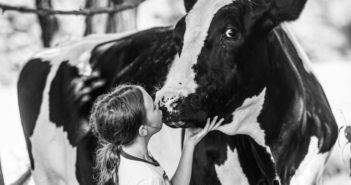
Talking to Children About Factory Farming
In an interview with activist and children’s book author Clare Druce, we discussed her recent book and her thoughts on how to reach young people with messages about protecting animals.

In an interview with activist and children’s book author Clare Druce, we discussed her recent book and her thoughts on how to reach young people with messages about protecting animals.
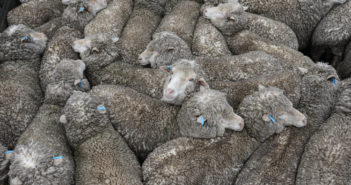
Inhumane practices are the norm in the wool industry, which is anything but benign.

The suffering humans cause can make it seem like the world might be better off without us. If you could make humanity painlessly disappear with the pressing of a button, would you press it?
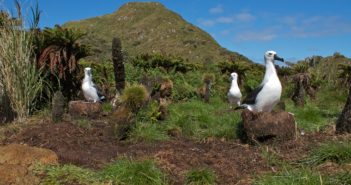
Human activities have contributed to declines in wildlife populations for centuries, not just the past 40 or 50 years.
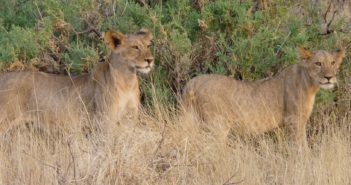
Sustainable use has ensured the international commercialization of biodiversity, and determined that price and trade be the arbiter of what value each species holds.
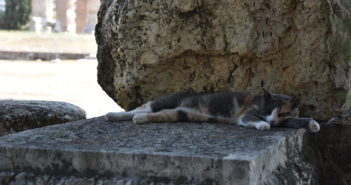
Greek organization PFPO has been working hard to reduce the impact of the quarantine on animals, including providing food for stray cats and dogs.

Instead of despairing that the loss of economic growth is the end of civilization, we should embrace these limits and get to work building a new society.

Taking animal rights seriously means starting at the beginning, limiting the power and influence our species exerts. If we care about animals, we should have smaller families.
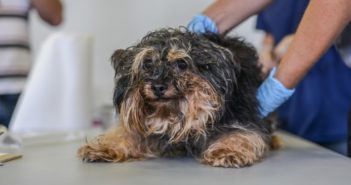
This is why “Adopt, Don’t Shop” is so important. Commercial dog breeders and puppy mills treat dogs as things or units of production and profit is their first priority.
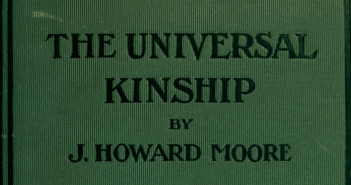
John Howard Moore’s book The Universal Kinship has been held up as a foundational antispeciesist text, but the book is unfortunately full of pseudo-scientific racism.
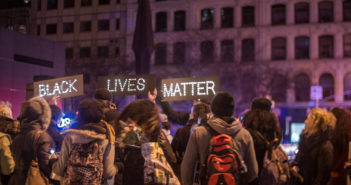
ANIMAL PEOPLE affirms that Black Lives Matter, and calls on animal protection activists to also stand up for human rights in the face of oppression and persecution.